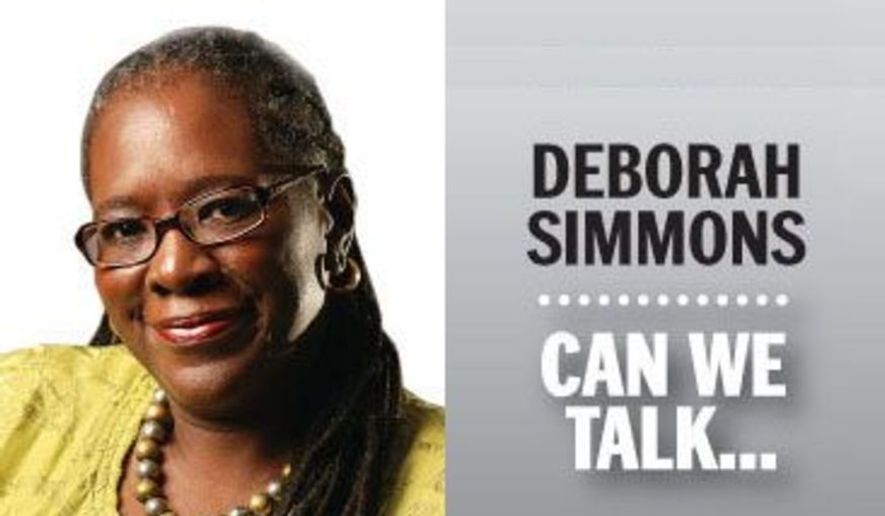ANALYSIS/OPINION:
If Metro General Manager Paul Wiedefeld has a doppelganger, the District needs hire him to run D.C. Public Schools (DCPS), where readin’, writin’ and ’rithemtic are the basics of education no more.
Better still, students and teachers need a Wiedefeld clone.
Mr. Wiedefeld gets into the weeds of the region’s mass transit system and takes a no-nonsense and focused approach to solving problems.
He hasn’t always applied a pay-as-you-go solution, and he certainly is no deficit hawk. But his dogged efforts are pretty doggone practical.
Unfortunately, DCPS has practically been on autopilot since Marion Barry left the school board in 1974 and won his first mayoral election in 1978.
The flight of bright minds of black middle-class students began in the 1970s, but D.C. lawmakers, mayors and school authorities have done little more than raise hackles of students, parents and any institution that dares to question the status quo.
That became obvious again this week when David Grosso, the chairman of the D.C. Council’s education panel, summarized his reactions to a 10-hour Friday hearing on what happened at one scandalous high school where seniors’ grades and attendance records were changed to allow scores of students to receive diplomas.
Mr. Grosso blamed “institutional racism in our public schools.”
He wrapped his commentary by saying he intends “to introduce legislation to create an Office of Teacher Complaints in the Office of the Ombudsman for Education.”
More on the bureaucratic fondling a bit later, because the “institutional racism” remark is irresistible.
For starters, Mr. Grosso is white.
No. 2, the majority of students, faculty and administrators in DCPS are black, brown, Asian or mixed.
No. 3, Mr. Grosso exposed a long-ignored fact: Parents of traditional schooling who want children to learn the basics, such as the three R’s, are no longer en vogue.
As DCPS Superintendent James Guines put it in 1981, “most of the black middle class, the former backbone and beneficiary of the system, dissociated itself from the school system as a source of instruction, although not as a source of income.”
Blacks racists against blacks, eh?
For the sake of discussion, let’s assume black institutionalized racism is indeed the problem. Then how to explain Mr. Grosso’s intention to pile on by proposing legislation to create an Office of Teacher Complaints within the Office of the Ombudsman for Education, which is plugged into the Every Day Counts! Task Force, which is a school attendance policy priority of the city’s black mayor, Muriel Bowser.
There are enough bureaucrats and overseers, including more than a dozen black school chiefs, to make members of Washington Teachers Union and other unions happy.
Here again, tips via Mr. Wiedefeld’s approach at Metro: Isolate the problems and the enablers, develop solutions to the problems, disable the enablers, implement the solutions.
Blaming teaching and learning problems on racism compounds the real problems, which include the politicians and school policies that don’t focus on the three R’s.
• Deborah Simmons can be contacted at dsimmons@washingtontimes.com.
• Deborah Simmons can be reached at dsimmons@washingtontimes.com.




Please read our comment policy before commenting.